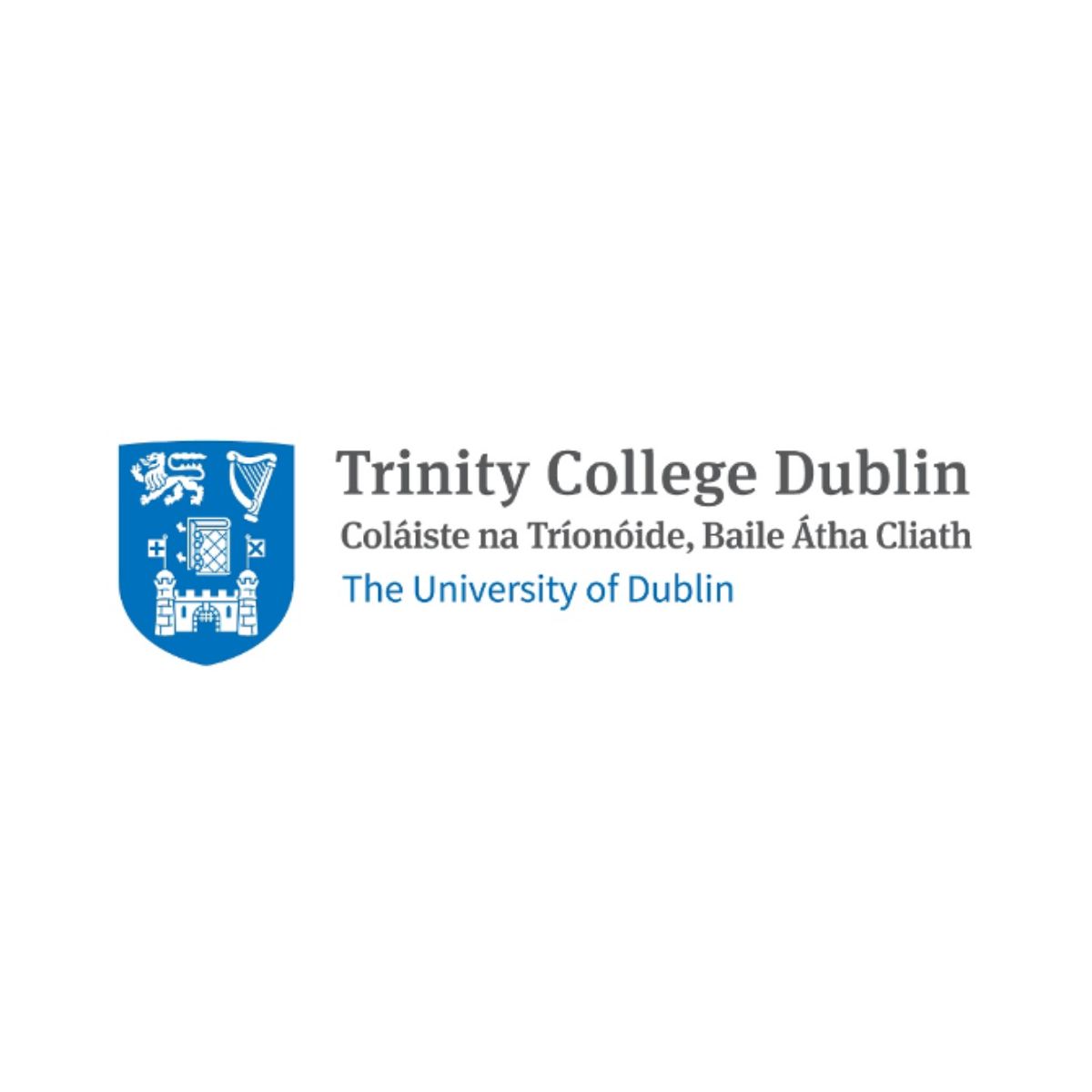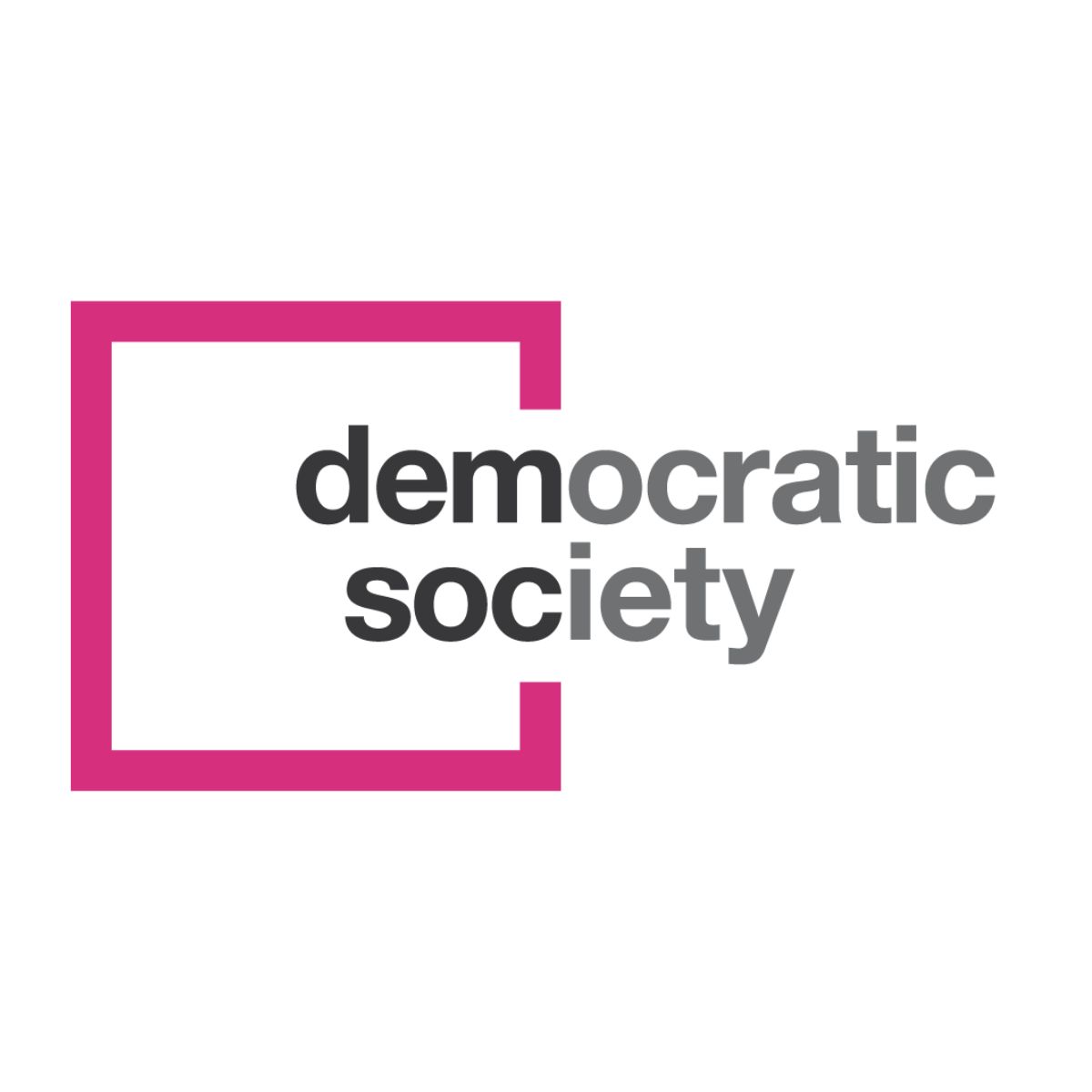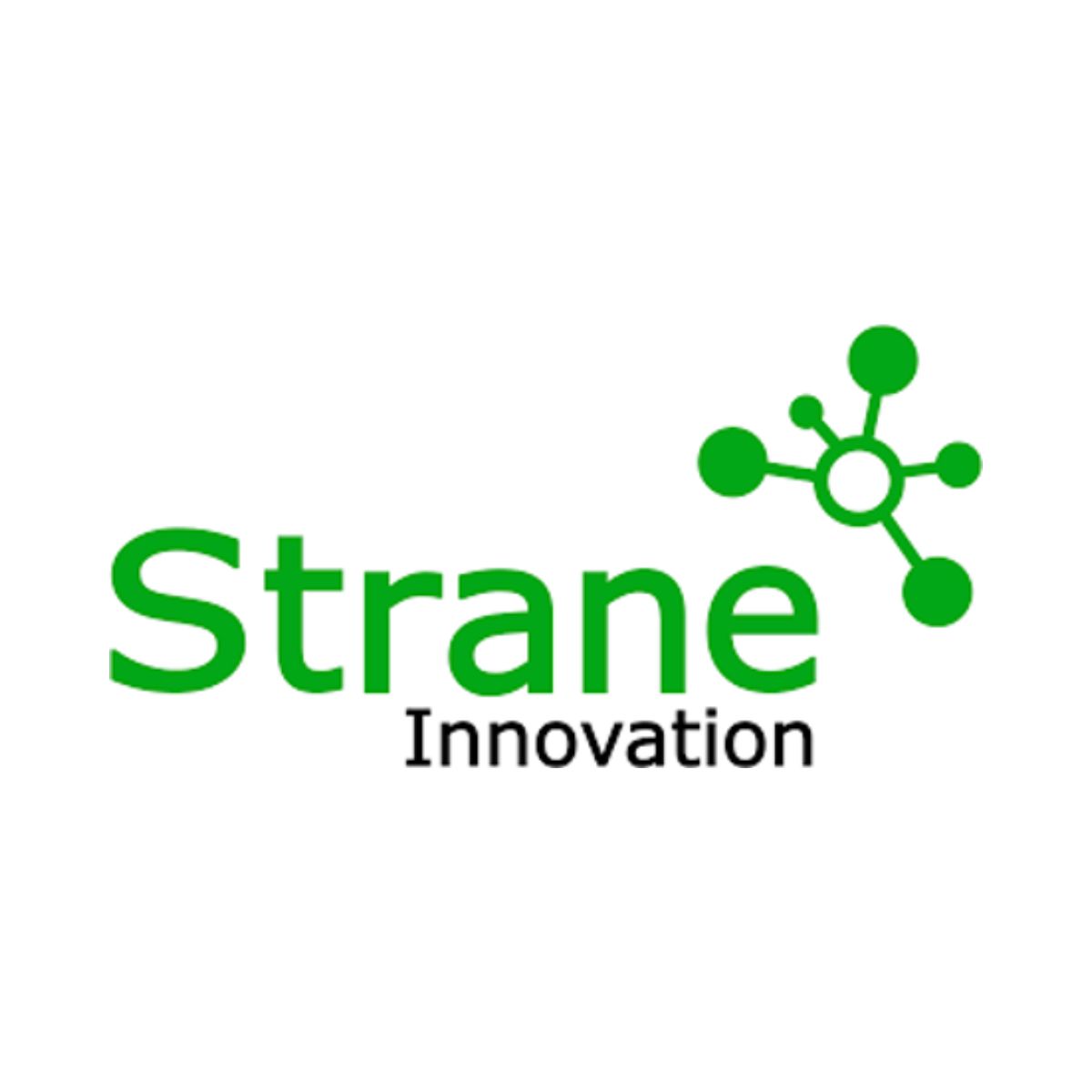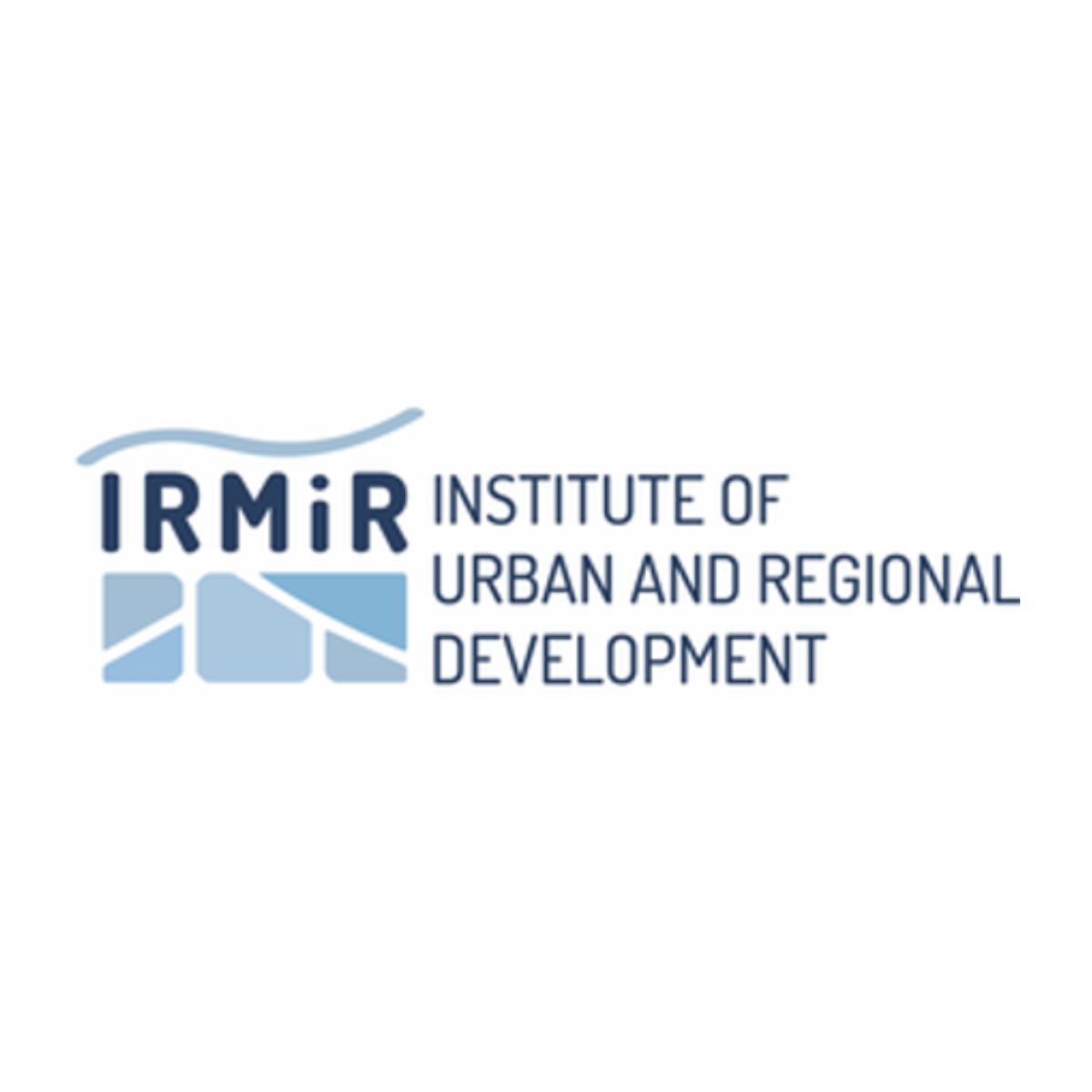
Brussels
General Goal & Structure
----------
The overall purpose of the Brussels Use Case (UC1) is to identify central questions underlying AI governance, identify emerging priorities and understand how European policymakers can and should regulate the disruptive nature of general-purpose AI democratically.
In recent years, the EU has been active in positioning itself as a global regulatory leader on AI beyond enacting new policies and regulation. As national AI legislation and guidelines emerge beyond Europe, the EU finds itself at a pivotal moment in determining its technological stance on the global stage. How to uphold democratic values amidst intensifying AI progress and geopolitical competition? Emerging technologies such as AI not only raise questions in terms of their regulation, but also how they affect governance itself.
Primary Objectives
The Brussels-based Use Case will be centred around the concerns, discursive norms and values of policymakers, who are responsible for finding appropriate compromises between differing positions regarding the socially optimal outcomes and the need to keep regulation generalisable.
It seeks to make the policymakers and AI governance experts aware of the KT4D framing of issues of advanced knowledge technologies and democracy, and of soliciting from these individuals and groups their input to KT4D’s research processes.
The overall objectives of UC 1 are as follows:
How policymakers can regulate the disruptive nature of AI & big data democratically
How to design governance according to current speed of AI advances
Position EU as the global regulatory leader in AI
Critically evaluate how democratic values of integrity, transparency and privacy are accounted for in policy development
Capture negative impact of these technologies on fundamental rights and democracy, ensuring public trust in AI
Methodology
The four use cases follow a common methodology, based upon three interaction points between the project and their target stakeholder groups.
- The first interaction was based upon the model of Participatory Design.
- The second interaction will be constituted as a one-day Digital Democracy Lab.
- The final interaction will be between the KT4D team and target groups, where pre-final versions of KERs will be available for interrogation and discussion.
The participant groups are built up out of the host partners’ current projects and networks, and have been assigned to localities to capitalise on partner networks and local community assets, such as the presence of policymakers in Brussels.
Interaction with other Use Cases
The Brussels Use Case interacts with the other Use Cases in the following ways:
- Similar Combined Use Case Methodology
- Coordination of the meeting events ensuring coordination between the contributing WPs, events management, including Use Case consultations and co-creation meetings
However, it maintains a connected relationship with Dublin (UC 4) in the following ways:
- Co-creation of an agenda, discussion guide, and interaction design food the first interactions of the groups
- Interaction design for final Valourisation Meetings
Target Audience
Deliverables / Outcomes
Social risk toolkit (KER 1)
The Social Risk Toolkit provides a comprehensive overview and in-depth research insights covering the key socio- cultural issues associated with the intersection of AI, Big Data and Democracy. The toolkit consists of 8 individual modules covering different cultural or social aspects of AI and big data in democratic society.
Governance framework, policy roadmap and recommendations (KER 2)
The framework for democratic AI governance critically builds on existing ethical AI guidelines to support democratic deployment of AI in society. The framework and associated policy recommendations provide guidance on assessing the risks and opportunities AI poses to democratic participation.
Digital Democracy Lab Demonstrator (KER 5 & 6)
A one-day experience of working within a transparently constructed, open and explainable platform for civic interaction. During the workshop, each of the core components will be explained and engaged with critically by the users in the lab in order to achieve civic interaction and actionable insights. Participants will be guided through a series of hands-on exercises working with the demonstrator platform and actively exploring the emerging ethical and technical issues. Each exercise will be accompanied by an opportunity for reflection on the affordances and constraints of the platform.
Updates & Recent News
UC 1 - Meeting 1
October 26, 2023
Press Club Brussels Europe
----------
While the shared goal of all the Participatory Design Sessions is to understand current and desired future user practices so as to align design to their requirements, each Use Case has a peculiar structure and a set of goals designed to best suit the participants’ needs, interests, and skills.
The first interaction was a roundtable instead of an intense workshop because the aim was mostly to tease out discussion, inputs and insights on AI regulation and policy instead of co-creating solutions at this point.
The overall purpose of the first interaction was to:
- Explore and validate the risks and opportunities AI poses to democracy
- Identify blind spots and gaps in the existing EU governance approach to AI with respect to democracy
- Explore and gather existing positive examples of possible governance responses to AI systems, including general-purpose systems
- Crystallise questions for a future Delphi study on AI governance
- Analyse democratic governance of AI within European context.
- Address challenges related to power centralisation, lack of transparency, and the dynamic nature of technological changes
Learn more about the overall structure of Meeting 1, the agenda, detailed topic presentations, participant questions, and results below:












